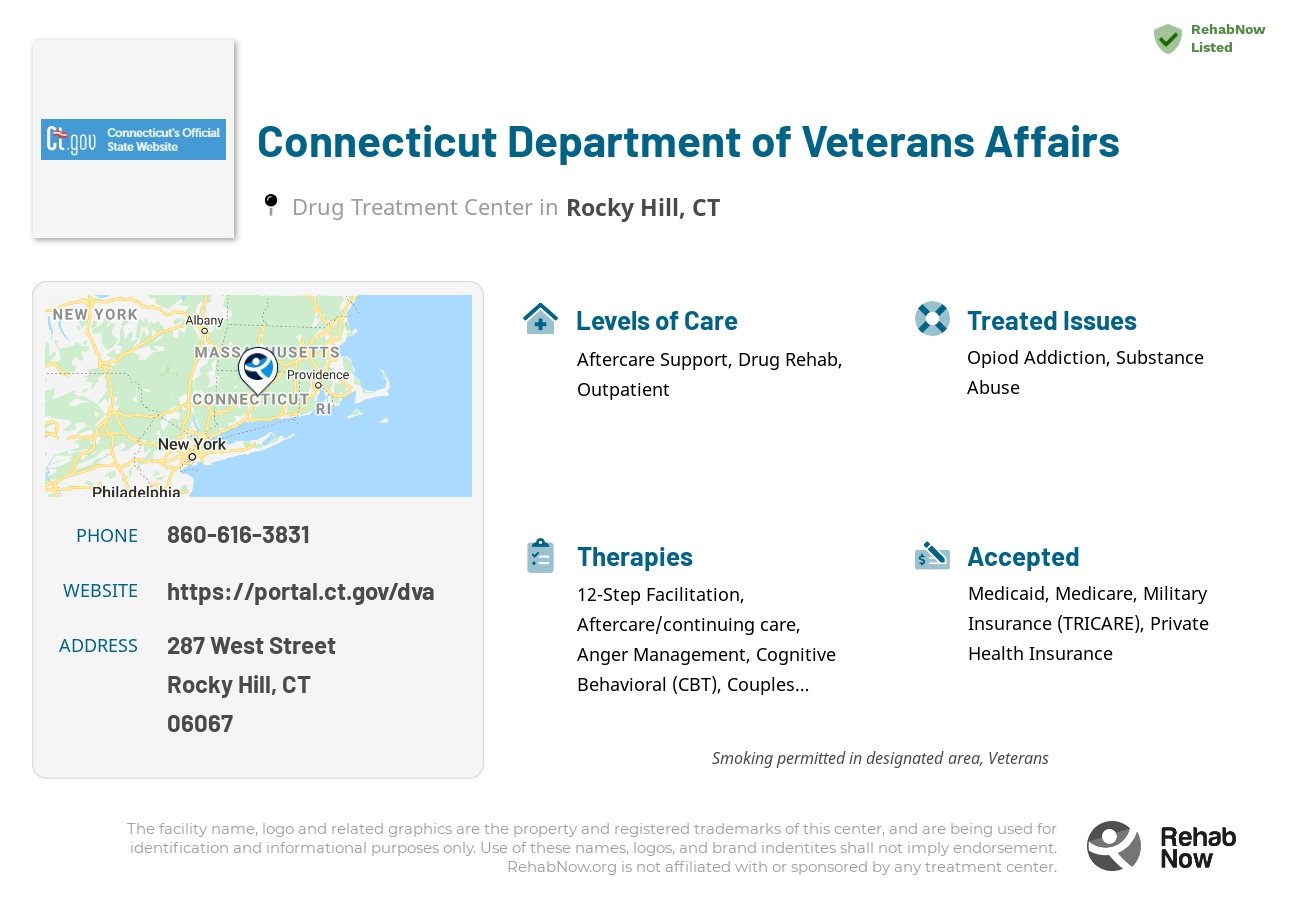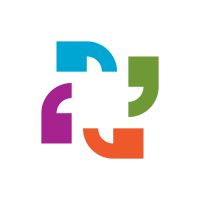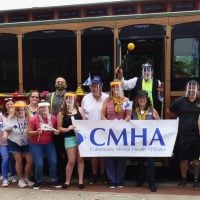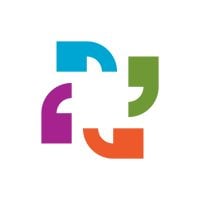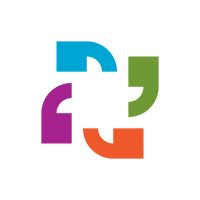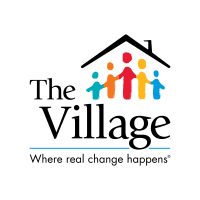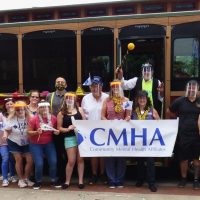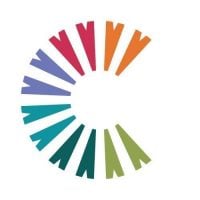About This Rocky Hill, CT Facility
Connecticut Department of Veterans Affairs based in Rocky Hill, CT, offers comprehensive Opioid Addiction, Substance Abuse treatment — where compassion comes together with proven treatments and continuous improvement during a variety of individualized treatment methods. Treatment here is covered by most insurances.
Comprehensive substance abuse and addiction treatment programs in Rocky Hill, CT help you or a loved one return to a healthy, productive life.
Genders
Ages
Modality
Additional
Conditions and Issues Treated
Substance abuse is the excessive use of any type of drug. This includes alcohol, medications and illegal drugs. Substance abuse is treated with a combination of physical and mental treatments. Connecticut Department of Veterans Affairs patients detox and follow up with therapies that target the underlying cause of the addiction.
Opioid addiction is one of Connecticut‘s most prominent forms of addiction. Drugs, including heroin, oxycontin, and fentanyl, are the most common. To relieve pain, or ease other ailments, they are professionally prescribed, but they are often abused because they and the feelings they give are addictive.
Addiction is treated by detoxifying the body, so the medications’ chemicals are no longer impacting the individual. Connecticut Department of Veterans Affairs offers therapies to correct behavior and target the root of the problem are supplemented during and throughout treatment.
Levels of Care Offered
This center offers a variety of custom treatment tailored to individual recovery. Currently available are Aftercare Support, Drug Rehab, Outpatient, with additional therapies available as listed below.
Outpatient rehabilitation is a treatment that exists if a patient is not checking into Connecticut Department of Veterans Affairs long term. In addition to helping them recover, the patient attends regular therapy sessions and detox and participates in other therapies. However, this is all primarily done from home. As a follow-up to inpatient treatment, outpatient treatment is usually recommended.
After rehabilitation, it helps people return to their everyday lives. It may also be an alternative to inpatient care in some situations. If they cannot leave their jobs, children, or don’t have the money for inpatient care, people can choose this method. Inpatient therapy, however, is the best method and most suggested level of treatment offered by Connecticut Department of Veterans Affairs in recovering from addiction.
Connecticut Department of Veterans Affairs‘s Therapies & Programs
Substance abuse does a number on an individual’s relationship with other people, particularly in marriage. Spousal relationships bear the brunt of alcohol and drug dependence. Therefore, it becomes critical to submit the relationship to couples therapy to prevent straining it further. Most programs only zero in on the individual with substance addiction without factoring in the importance of the other half’s emotional support.
However, some facilities, like Connecticut Department of Veterans Affairs in Rocky Hill, Connecticut, offer couples therapy options to manage intimate partnerships amid the recovery process. Other couples-focused treatment plans can provide the patient and their partner tools to get things back to normal, support each other, and the patient’s sobriety.Group Therapy is a type of counseling that occurs between a bunch of strangers. These groups are suitable for patients who are not confined in a treatment facility, but group sessions are also common in inpatient rehab programs. Group therapy is led by a trained individual at Connecticut Department of Veterans Affairs in Rocky Hill, CT and consists of members from different stages of recovery.
The goal of group therapy sessions is to foster hope and a sense of belonging, share information, and learn coping mechanisms. It also helps to have people who can relate to what you’re going through. Good behaviors can also be contagious, and participants can learn from one another.
Unresolved trauma is often a key reason why many patients resorted to substance abuse. Trauma could be physical abuse, sexual abuse, war, natural disasters, divorce, accident, loss of a loved one, etc. If trauma is the primary cause of substance abuse, then both issues must be addressed.
Dialectical Behavior Therapy (DBT) is an improved version of Cognitive Behavioral Therapy (CBT) DBT is a treatment of choice for people being treated at Connecticut Department of Veterans Affairs whom are suffering from self-harming behaviors. Conditions such as obsessive-compulsive disorder and borderline personality disorder also benefit from DBT.
Cognitive Behavioral Therapy (CBT) is an approach and method in psychotherapy. Connecticut Department of Veterans Affairs asks people to investigate how their thoughts, including habitual, negative, and inaccurate ways of thinking affect behaviors. CBT is based on the idea that rigid, inflexible ways of thinking cause people to have a limited ability to cope with stress
The 12-step program is a part of substance abuse treatment offered at Connecticut Department of Veterans Affairs. It was initially developed by the founders of Alcoholics anonymous. The program provides the benefit of cognitive restructuring. It refers to the process of change in the negative thoughts that leads to long-term benefits.
Payment Options Accepted
For specific insurance or payment methods please contact us.
Is your insurance accepted?
Ask an expert, call (888) 674-0062
Connecticut’s Official Associated Centers
Discover treatment facilities under the same provider.
- Hartford Dispensary - Manchester in Manchester, CT
- Hartford Dispensary - New London in New London, CT
- West Haven Mental Health Clinic in West Haven, CT
- Hartford Dispensary - Henderson - Johnson in Hartford, CT
- Capitol Region Mental Health Center in Hartford, CT
Learn More About Connecticut’s Official Centers
Additional Details
Specifics, location, and helpful extra information.
Rocky Hill, Connecticut 6067 Phone Number(860) 616-3831 Meta DetailsUpdated November 25, 2023
Staff Verified
What else do people call Connecticut Department of Veterans Affairs?
People have occasionally also searched for “DMHAS Veterans Recovery Center in Connecticut”
Patient Reviews
There are no reviews yet. Be the first one to write one.
Rocky Hill, Connecticut Addiction Information
Connecticut has a higher rate of substance abuse and addiction than the national average. The state ranks in the top 10 in the country for illicit drug dependence among those ages 18 to 25. In 2010, there were 9,211 people admitted to an alcohol treatment facility for alcohol abuse combined with a secondary drug. Connecticut ranked fifth in the United States of America for the number of fatalities involving drunk driving in 2014.
Treatment in Nearby Cities
- Litchfield, CT (28.5 mi.)
- Windsor, CT (13.8 mi.)
- Bridgeport, CT (43.1 mi.)
- Milford, CT (36.2 mi.)
- Chester, CT (19.4 mi.)
Centers near Connecticut Department of Veterans Affairs
The facility name, logo and brand are the property and registered trademarks of Connecticut Department of Veterans Affairs, and are being used for identification and informational purposes only. Use of these names, logos and brands shall not imply endorsement. RehabNow.org is not affiliated with or sponsored by Connecticut Department of Veterans Affairs.


